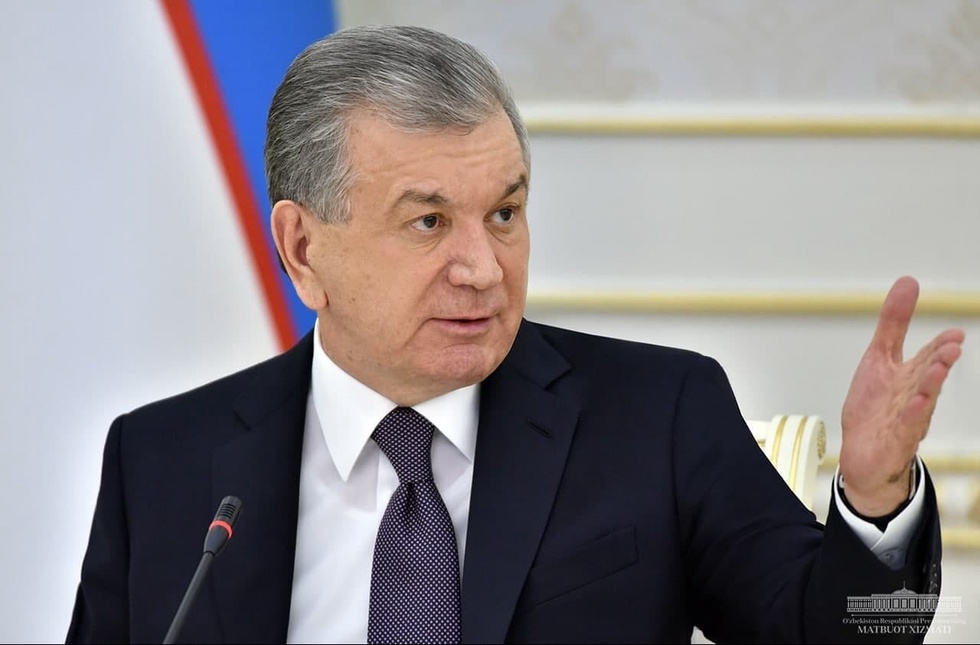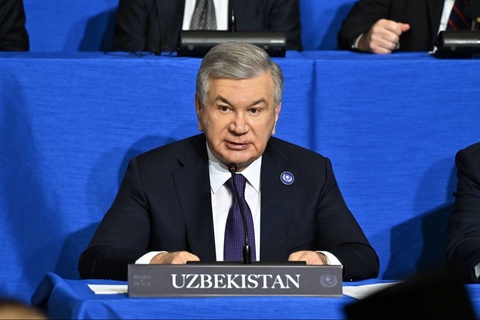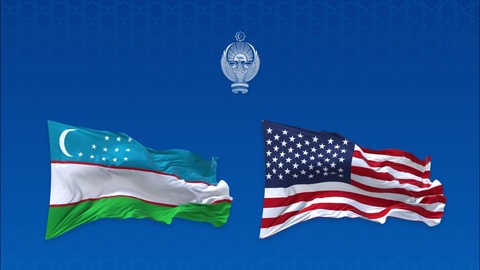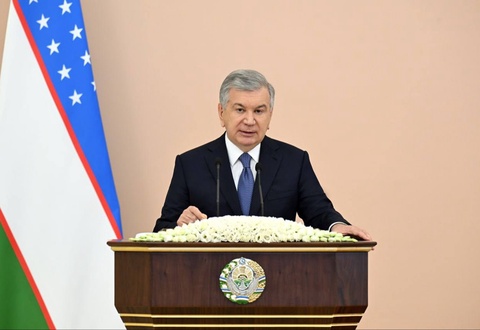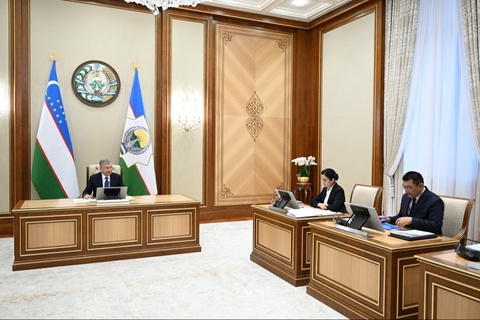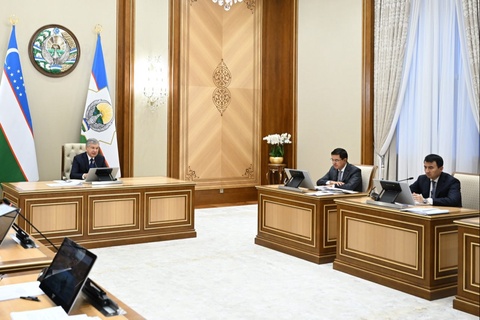One of the factors in ensuring youth employment is their training in demanded professions. The President criticized the fact that the available vacancies are not taken into account when solving the unemployment problem.
For example, 26,000 young people are unemployed in Tashkent. At the same time, there are 77,000 vacancies in the city, 45 thousand of which do not require higher education. The Head of the state noted that such vacancies can be filled by training young people in professions and assigning them a qualification category.
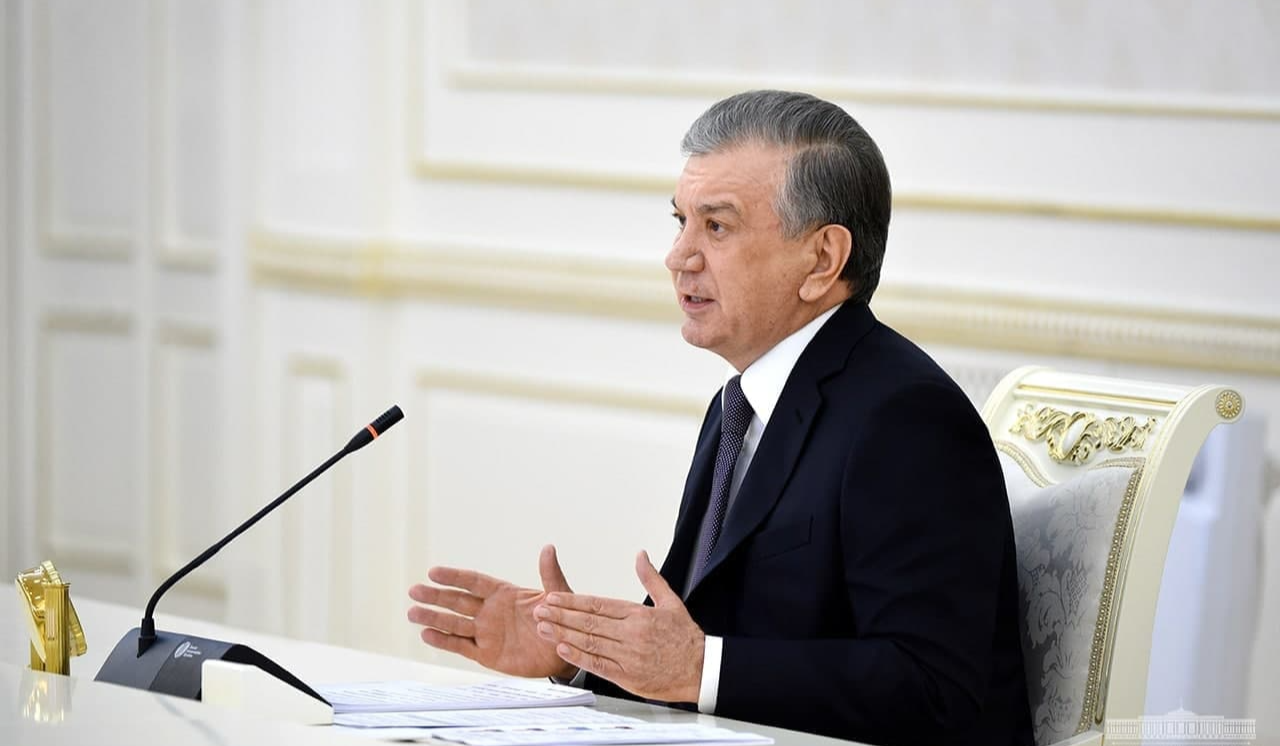
A training system is being introduced in the centers for assessing qualifications and issuing certificates for unemployed youth who do not have a diploma but have practical skills by the resolution of the President of Uzbekistan “On additional measures to improve the system of involving the population in entrepreneurship and the development of entrepreneurship” of October 13, 2020.
In this regard, the Ministry of Employment and Labor Relations was instructed to create centers for the assessment of qualifications in “Ishga Markhamat” monocenters, as well as in several higher education institutions and large industries. It was noted that already this year it will be possible to employ 30,000 young people who have received a qualification certificate.
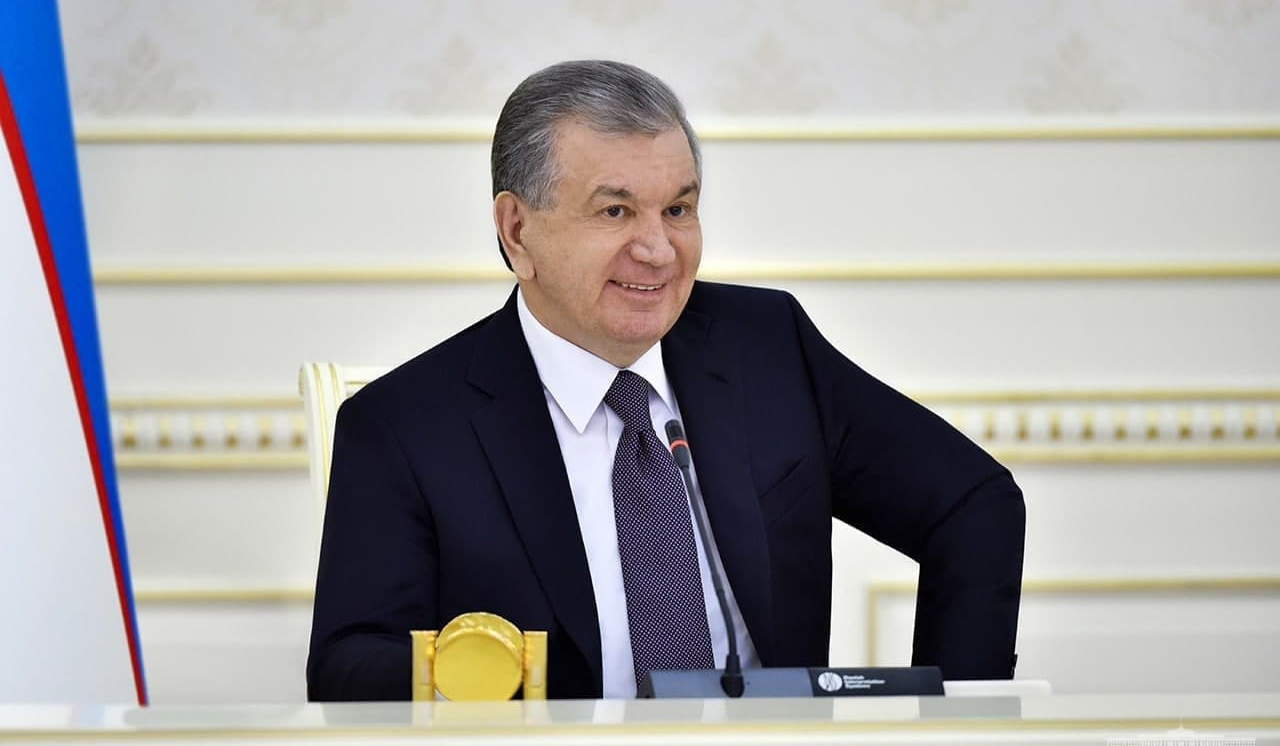
Instructions were given to allocating subsidies for the purchase of mini-technologies and equipment to young people who want to establish their own business and to help the unemployed with insurance payments when receiving a loan.
One of the most important resources in providing employment is the allocation of land for agriculture. However, only 3,000 out of 14,000 young people who applied for this received plots last year.
The Deputy Prime Minister was instructed to introduce a procedure for allocating young people 1 hectare out of every 10 hectares of sown land for agriculture.
Instructions were given to provide young people with plots from the reserve lands with the construction of wells on them, the allocation of loans for lemon breeding, rabbit breeding, poultry farming, and beekeeping.
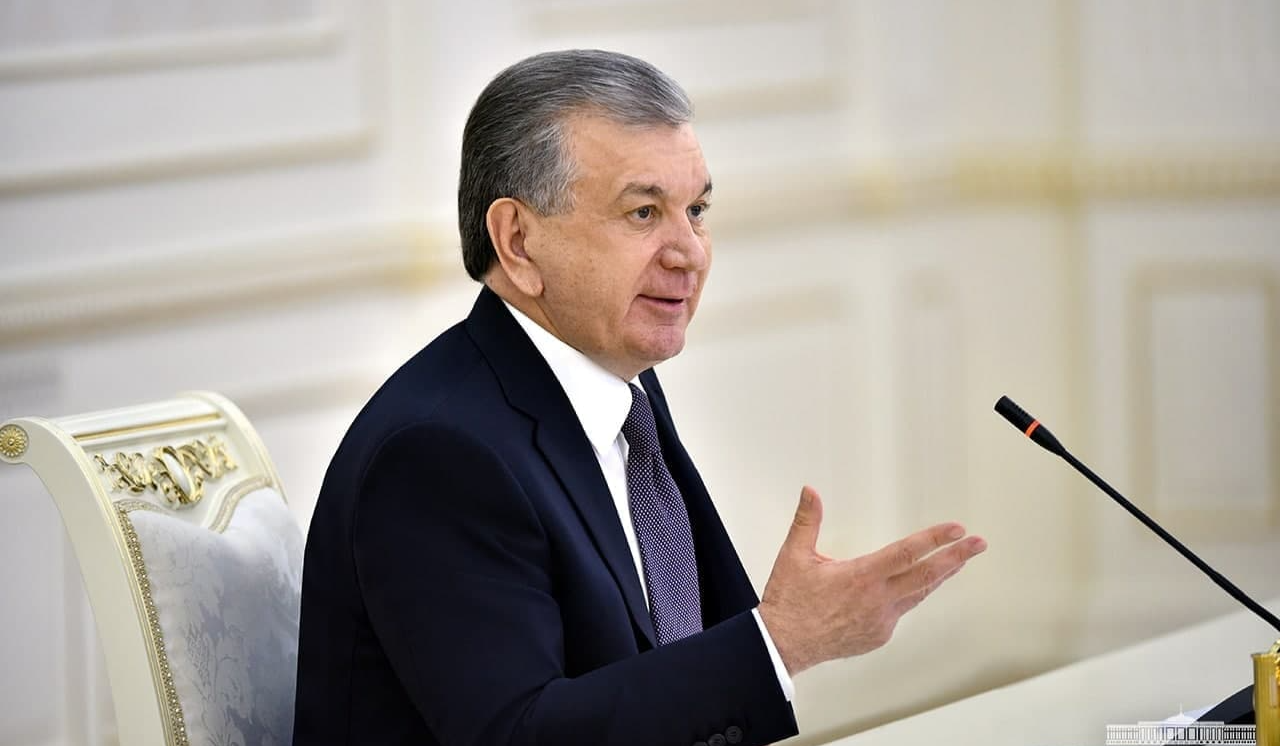
Meaningful organization of leisure for young people, creating necessary conditions for the development of their abilities was also discussed at the meeting.
The goal was set to increase the coverage of young people in schools of music and art, cultural centers, and museums to 30 percent through the construction and renovation of such institutions. For this, 150 billion UZS will be allocated from the budget in 2021.
An instruction was given to organize standard training courses in schools in remote areas, to acquaint young people with the rich cultural heritage of our ancestors, and to develop domestic tourism among them.
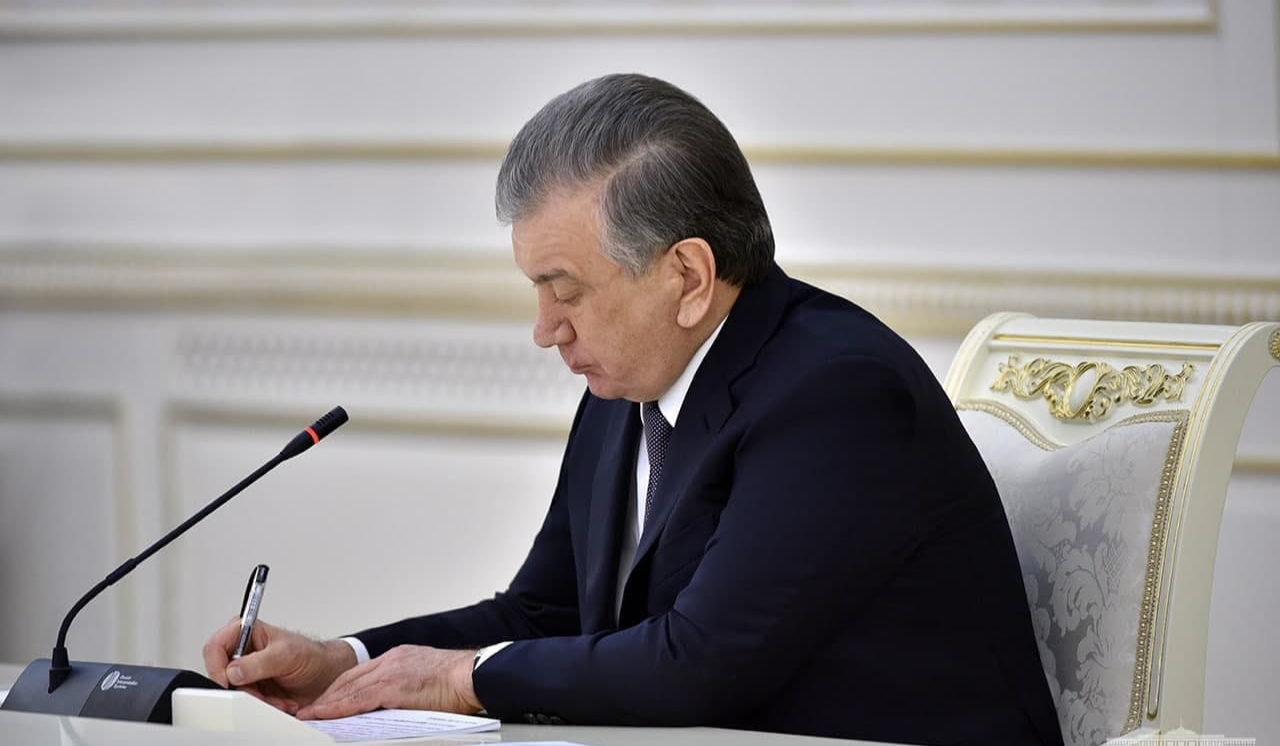
This year, it is planned to bring the number of people involved in sports up to 25 percent, including young people up to 20 percent based on broad adoption of a healthy lifestyle. 100 billion UZS have been allocated from the budget for equipping kindergartens and schools with sports equipment.
Relevant ministries have been instructed to organize 20 thousand sports clubs in schools, assign sports federations and winners of international competitions to schools, and involve young people in professional sports.
Today young people are very interested in modern technologies. Last year, more than 10 thousand young people were trained in 5 branches of the IT Park and digital technology training centers.
It was emphasized that it is important to open IT clubs in at least one school in each district, create another 100 digital technology training centers and train 20,000 young people in programming and entrepreneurship in information technology to expand the scale of this work.
Special attention at the meeting was paid to issues of social support for youth. It was noted that today more than 500,000 students study in 129 universities, but they are not sufficiently provided with dormitories. Responsible persons were instructed to increase the number of dormitories.
The President proposed to implement the “100 ideas for Uzbekistan” project to identify talented youth, comprehensive support for their initiatives and aspirations. The project will create conditions for the implementation of the ideas of initiative youth in urban and rural areas in the economy, education, sports, healthcare, information technology.
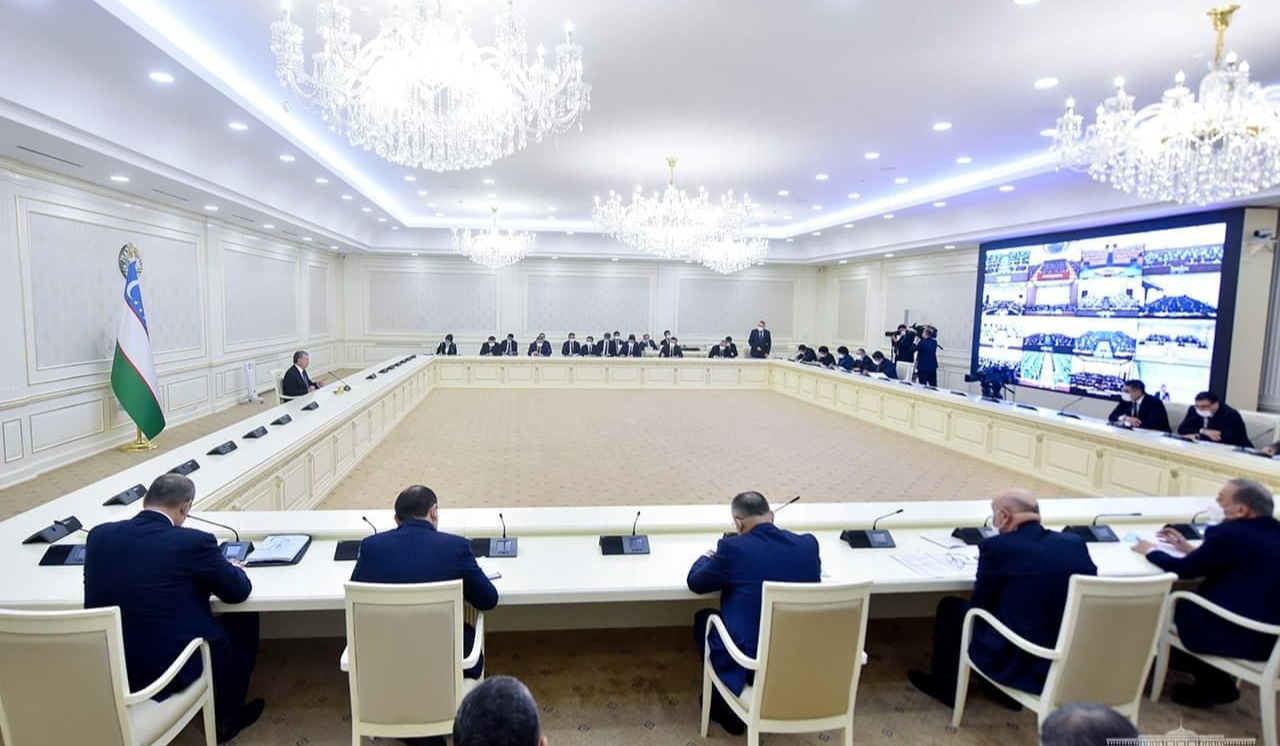
A proposal was also made to increase the wages of employees of regional and district departments of the Youth Affairs Agency.
It was noted that from now on, heads of sectors of regions, cities, and districts will inform the population about the problems and issues of youth through the local press and social networks. Entrepreneurs, organizers, and leaders who are most active in providing youth employment will be encouraged.
Deputy prime ministers, ministers, and hokims presented information on the forthcoming activities to execute the assigned tasks.


